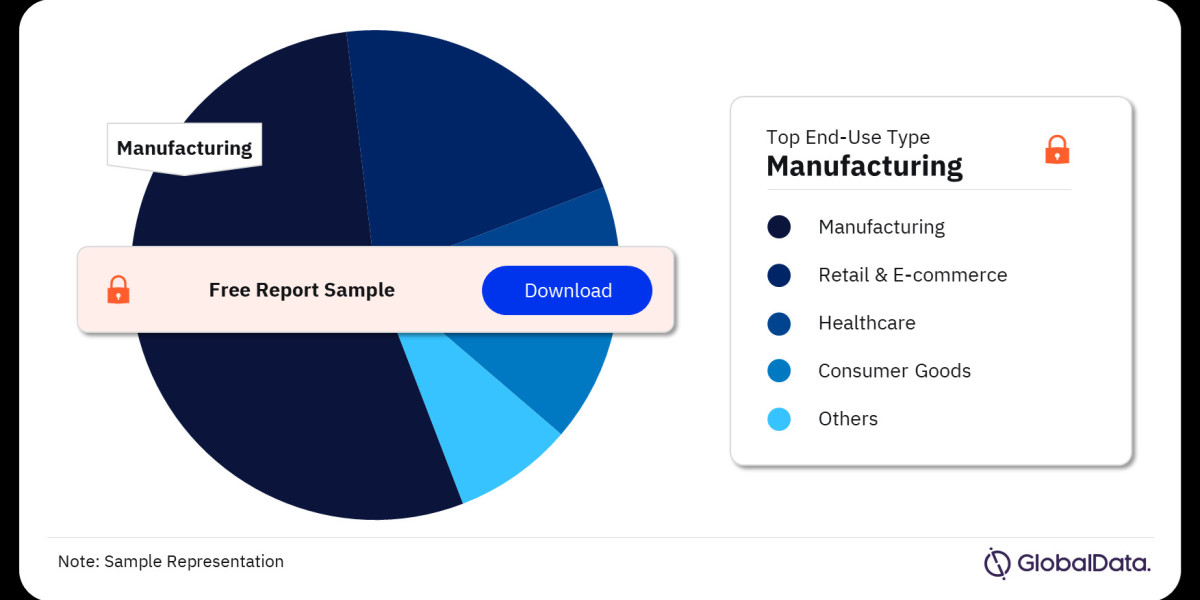This article delves into the ever-expanding 3PL market, exploring its current landscape, key drivers, growth projections, and the impact of technology. We'll also analyze the different types of 3PL services offered, the benefits of outsourcing logistics, and factors to consider when choosing a 3PL partner.
Market Size and Growth Trajectory
The 3PL market is experiencing phenomenal growth. According to Allied Market Research, the global market size was valued at $1.3 trillion in 2021 and is projected to reach a staggering $2.8 trillion by 2031, reflecting a Compound Annual Growth Rate (CAGR) of 8.8% [1]. Mordor Intelligence estimates the market to reach $1.68 trillion by 2029, with a CAGR of 5.48% [2]. These figures highlight the increasing reliance of businesses on 3PL providers to navigate the complexities of modern supply chains.
Key Drivers of the 3PL Market
Several factors are fueling the growth of the 3PL market:
E-commerce Boom: The surge in online shopping has significantly increased demand for efficient order fulfillment and delivery solutions. 3PL providers offer expertise in handling high-volume orders, ensuring fast and reliable deliveries.
Globalization: Expanding into new markets necessitates robust logistics infrastructure. Businesses leverage 3PL providers to manage international transportation, customs clearance, and local distribution.
Cost Optimization: Outsourcing logistics allows companies to reduce fixed costs associated with warehousing, transportation management systems (TMS), and personnel. 3PL providers offer economies of scale, leveraging their network and expertise to deliver cost-effective solutions.
Inventory Management: 3PL providers offer advanced inventory management systems that optimize stock levels, minimize storage costs, and ensure timely product availability.
Technology Adoption: The integration of technologies like automation, robotics, and artificial intelligence (AI) is transforming the 3PL landscape. 3PL providers are adopting these technologies to enhance efficiency, improve visibility, and provide real-time data on inventory and shipment tracking.
Types of 3PL Services
3PL providers offer a diverse range of services, catering to the specific needs of each client. These services can be broadly categorized as follows:
Warehousing and Distribution: 3PL providers offer secure storage facilities, manage inventory levels, and provide efficient order picking, packing, and shipping services.
Transportation Management: This includes managing inbound and outbound freight movements, selecting optimal shipping modes, negotiating carrier rates, and ensuring timely deliveries.
Value-Added Services: These services encompass labeling, kitting, assembly, returns processing, and other customized solutions to meet specific client requirements.
Freight Forwarding: This involves managing international shipments, including customs clearance, documentation, and liaising with international carriers.
Benefits of Outsourcing Logistics to a 3PL Provider
There are numerous advantages to outsourcing logistics to a 3PL provider:
Cost Reduction: As mentioned earlier, 3PL providers offer economies of scale, allowing businesses to optimize costs associated with warehousing, transportation, and personnel.
Focus on Core Business: By delegating logistics to a 3PL provider, companies can free up resources and dedicate their focus on core business activities like product development, marketing, and sales.
Improved Efficiency: 3PL providers possess expertise, infrastructure, and technology to streamline logistics processes, leading to faster fulfillment times and improved customer satisfaction.
Scalability: 3PL providers can adapt their services to accommodate business growth, allowing companies to scale their logistics operations without significant capital investments.
Risk Mitigation: 3PL providers handle complex logistics tasks like transportation and customs clearance, reducing risks associated with delays, damage, and non-compliance.
Choosing the Right 3PL Partner
Selecting the right 3PL partner is crucial for ensuring successful logistics operations. Here are some key factors to consider:
Service Offerings: Evaluate the specific services offered by the 3PL provider and ensure they align with your business needs.
Industry Expertise: Look for a 3PL provider with experience in your specific industry, as they will understand the unique challenges and regulations involved.
Technology Integration: Assess the 3PL provider's technology infrastructure and its ability to integrate with your existing systems for seamless data exchange and real-time visibility.
Financial Stability: Choose a financially stable 3PL provider with a proven track record.
Buy the Full Report for Insights into the 3PL Market Forecast, Download a Free Report Sample


